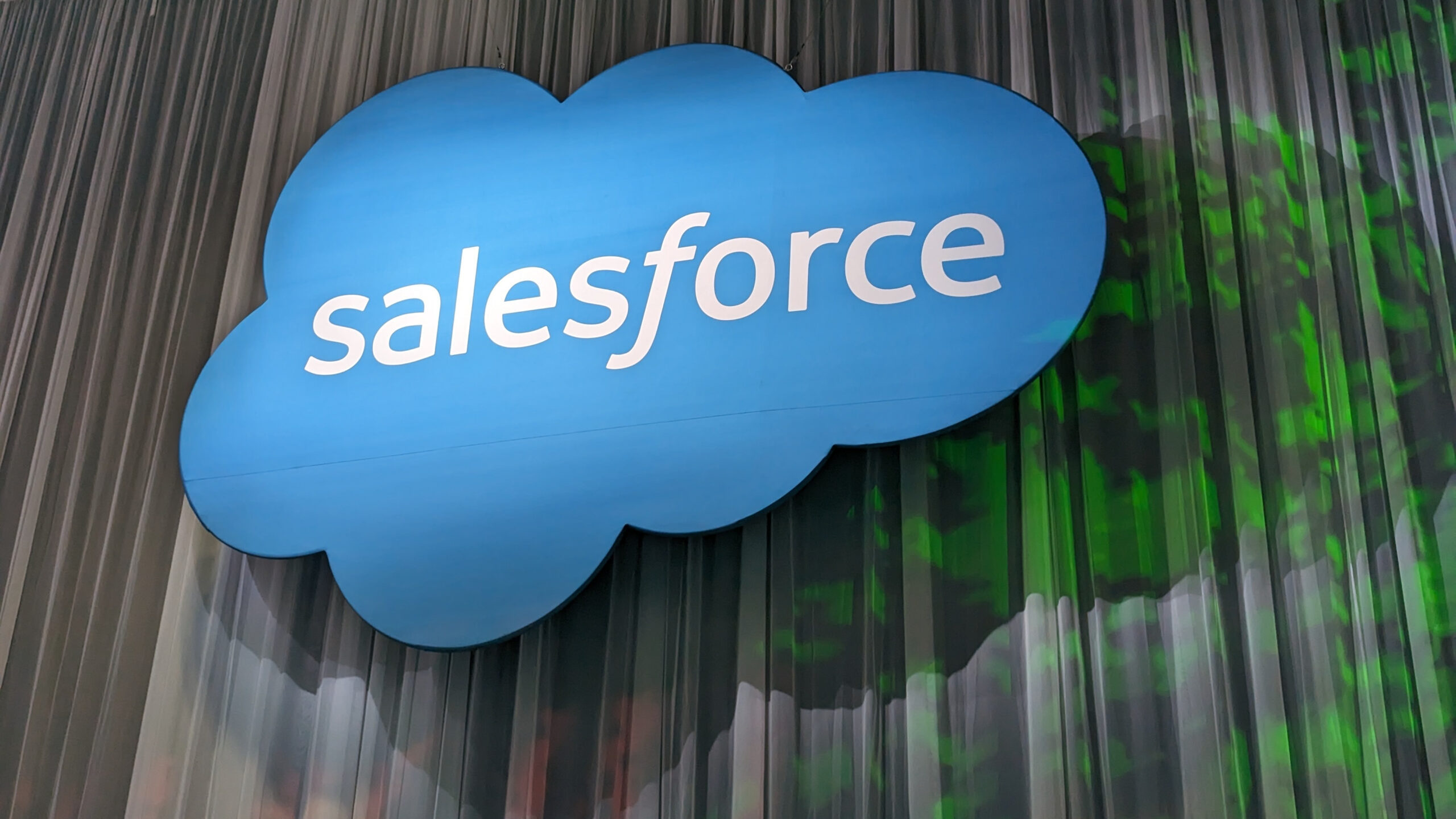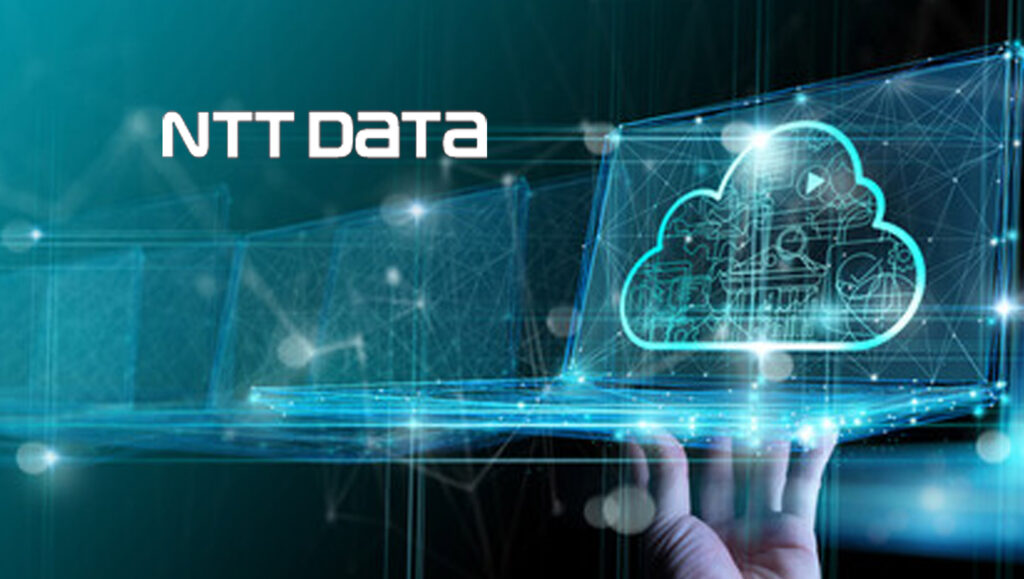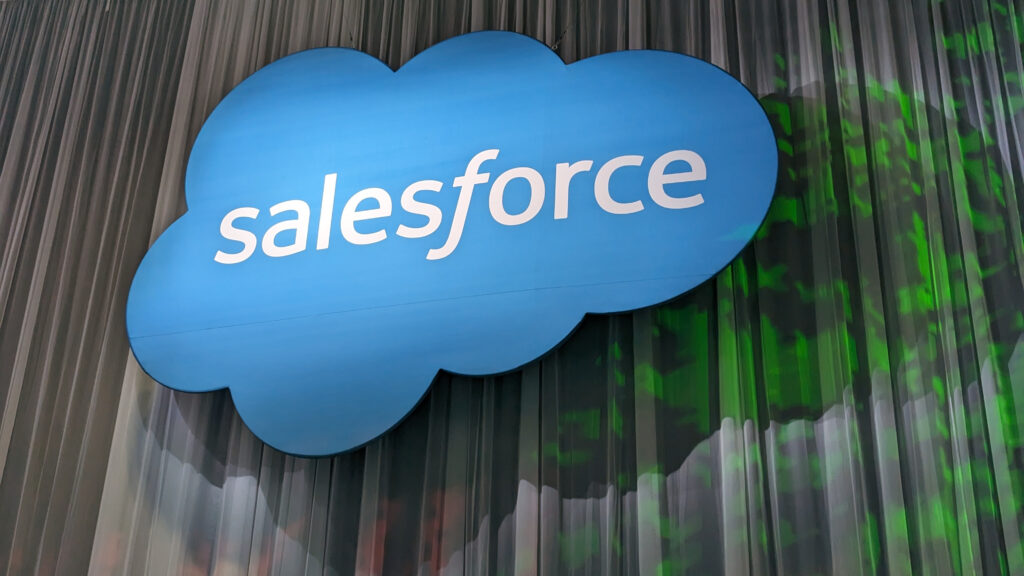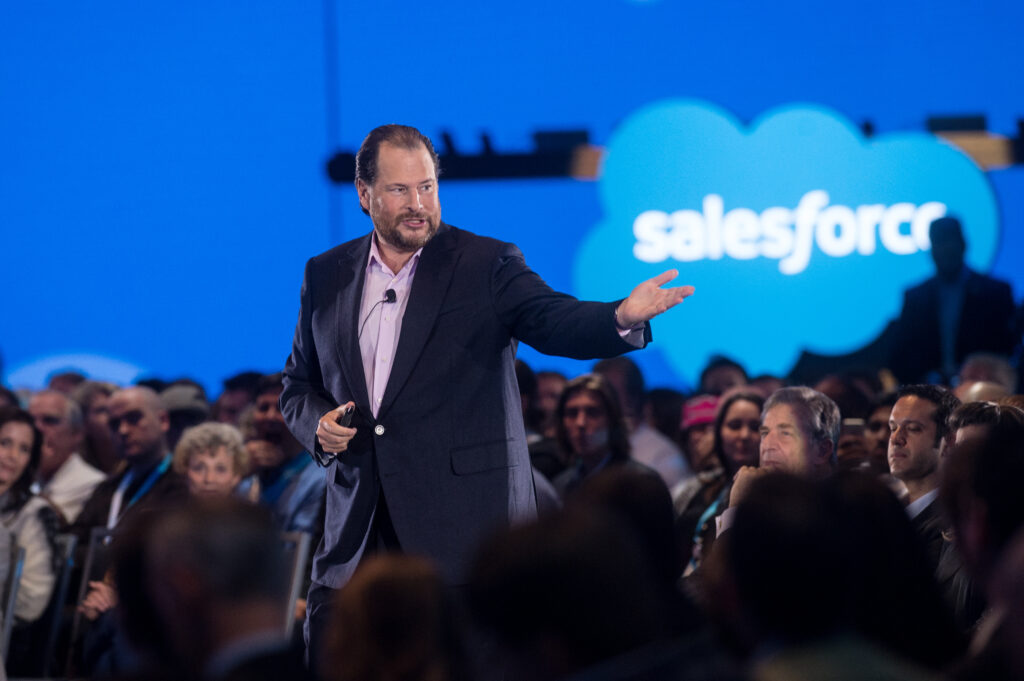 In a move that signals a powerful shift in the enterprise technology landscape, Salesforce has signed a definitive agreement to acquire data integration and management powerhouse Informatica for approximately $8 billion. This bold acquisition underscores Salesforce’s commitment to operationalizing AI at scale and building a data-rich foundation for agentic AI — AI that doesn’t just analyze data, but takes action autonomously.
In a move that signals a powerful shift in the enterprise technology landscape, Salesforce has signed a definitive agreement to acquire data integration and management powerhouse Informatica for approximately $8 billion. This bold acquisition underscores Salesforce’s commitment to operationalizing AI at scale and building a data-rich foundation for agentic AI — AI that doesn’t just analyze data, but takes action autonomously.
Announced in late May 2025, the deal will see Salesforce pay $25 per Informatica share in cash, representing a healthy premium over recent trading prices. The transaction is expected to close in early FY 2027 and will be financed through a combination of Salesforce’s existing cash reserves and new debt. While Wall Street analysts immediately zeroed in on the financials, the broader story is about strategic alignment: a convergence of AI ambition and deep data expertise.
Marc Benioff, Salesforce’s Chairman and CEO, has long championed an AI-first future for enterprise software. But as many organizations have discovered, deploying powerful AI tools without clean, integrated, governed data is like trying to build a smart city on a cracked foundation. With Informatica, Salesforce gains best-in-class capabilities in data integration, metadata management, privacy, and Master Data Management (MDM) — essential ingredients for making AI systems safe, trustworthy, and effective.
“With Informatica, we are bringing together the world’s #1 AI CRM with the #1 cloud data management company to deliver a complete, trusted AI platform for customer companies,” said Benioff in a press statement.
For ERP and IT leaders, this union could be a game-changer. Informatica’s deep capabilities in managing complex, multi-source data environments make it a natural complement to Salesforce’s sprawling customer and operational data sets. Together, the companies aim to provide the data infrastructure required to support AI copilots, autonomous agents, and predictive decisioning across sales, marketing, service, and supply chain operations.
To understand the strategic value, look no further than Salesforce’s Agentforce initiative — a set of tools aimed at empowering AI agents to not only recommend actions but take them. Whether it’s automating invoice generation, resolving customer support tickets, or adjusting inventory forecasts, these AI agents rely on high-quality, unified data to function effectively. Informatica’s platform makes that possible by ensuring data is accurate, up-to-date, secure, and governed across every touchpoint.
The acquisition also highlights the growing trend of targeted, capability-driven M&A in enterprise tech. Unlike Salesforce’s larger, more controversial past deals (like Slack or Tableau), the Informatica acquisition is focused, surgical, and aligned with Salesforce’s renewed emphasis on profitability and disciplined growth. It signals that Salesforce isn’t just buying market share — it’s acquiring architectural depth.
For Informatica, the deal marks a significant evolution from its roots as an ETL pioneer to becoming a cornerstone of intelligent enterprise architecture. CEO Amit Walia described the acquisition as “the beginning of a new chapter,” noting that it will accelerate Informatica’s mission to help companies fully activate their data assets in an AI-driven world. The company will continue to operate independently under the Salesforce umbrella, retaining its brand and leadership.
The timing of the deal also reflects market dynamics. Organizations across industries are racing to embed AI into their core workflows, but many are stalling due to fragmented, siloed, or ungoverned data. According to a recent research, 80% of AI initiatives fail to reach production due to data issues. By uniting Salesforce’s AI innovation with Informatica’s data reliability, the combined company promises to break through that barrier.
In practical terms, this means enterprise customers can expect more accurate forecasting, faster automation, and fewer costly integration projects. Already, Informatica customers like Unilever and HSBC have used its platform to create centralized data lakes, improve governance, and drive smarter analytics. Coupled with Salesforce’s AI-powered CRM tools, the possibilities for real-time, autonomous business decisioning expand dramatically.
What this means for ERP Insiders
Prioritize data integrity as an AI enabler. Salesforce’s acquisition of Informatica sends a clear message: AI is only as powerful as the data that fuels it. For ERP and CIO leaders, this means doubling down on data governance, integration, and lineage. Organizations that clean and centralize their data today will be first in line to deploy intelligent agents, copilots, and predictive tools that actually work in real-time scenarios. Tools like Informatica’s MDM and data cataloging services can provide the scaffolding needed for trustworthy AI.
Embrace composable architectures with integrated intelligence. The days of monolithic ERP stacks are fading fast. What this deal reinforces is the power of composability — the ability to weave together best-of-breed tools like Salesforce for CRM and Informatica for data management into an agile, intelligent enterprise backbone. Tech leaders should re-evaluate their software ecosystems and consider modular platforms that support autonomous agents, dynamic workflows, and event-driven responses.
Focus on use cases where AI can act, not just analyze. While many companies use AI for basic insights or summarization, the frontier lies in AI that can act autonomously. Agentforce, powered by Informatica’s reliable data flows, aims to unlock this frontier across ERP-adjacent functions like finance automation, supply planning, and HR case management. Start identifying repetitive, rules-based tasks that could be offloaded to AI agents — and ensure your data strategy can support that shift.




